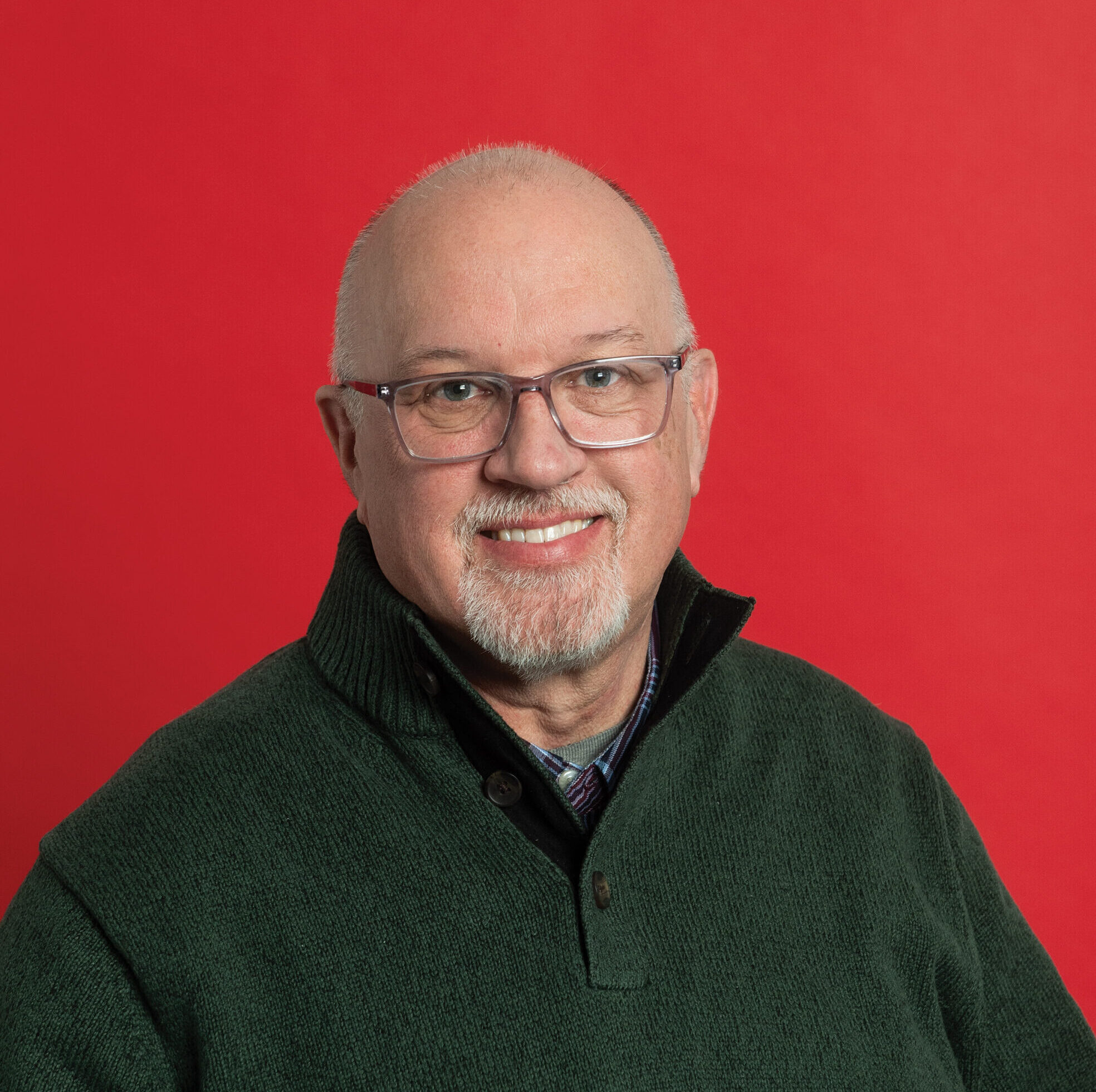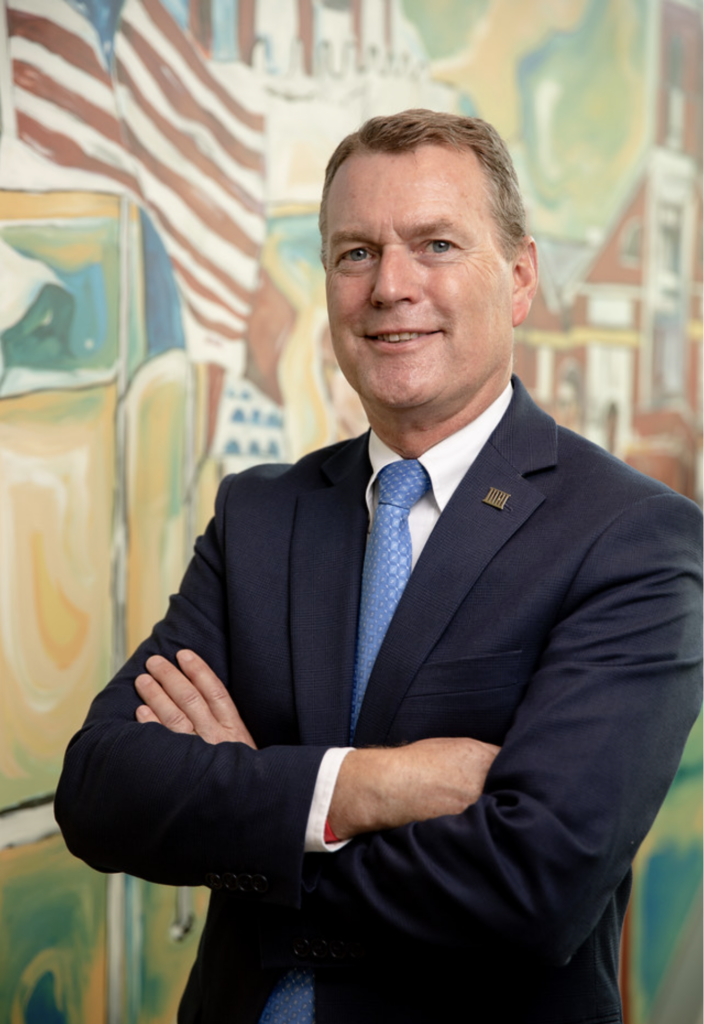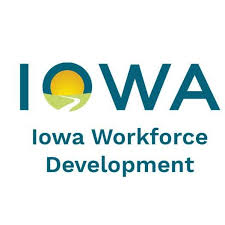Civility program to focus on local campaigns

Michael Crumb May 26, 2023 | 3:05 pm
4 min read time
848 wordsAll Latest News, Arts and Culture, Government Policy and LawAs work continues to elevate civility in local governance, those efforts are expanding to the campaign process before officials are elected to public office.
The Robert D. and Billie Ray Center at Drake University is hosting a program from 4:30 to 6 p.m. on Tuesday, May 30, to elevate civility in local elections. The program is part of Drake’s Center for Public Democracy and is in partnership with the Greater Des Moines Partnership, the Iowa League of Cities and the Taxpayers Association of Iowa. It will be held at the Shivers Courtside Club in the Knapp Center on the Drake campus.
Although it’s free to attend, pre-registration is requested. The event is open to anyone, and attendees do not need to be a candidate or elected official to attend.

Scott Raecker, executive director of the Ray Center, said the program will be, to his knowledge, the first time anyone has tackled civility from the campaign side.
“This is an attempt coming out of the Taxpayers Association of Iowa’s event last February of what were some further engagements and one of the thoughts was maybe we could have a discussion around civility with those who are elected and seeking office or those who are new and seeking office around campaigning,” Raecker said.
A panel of speakers will include Johnston Mayor Paula Dierenfeld, West Des Moines Mayor Russ Trimble and Windsor Heights City Councilman Joseph Jones. Robert Palmer, general counsel and director of government affairs for the Iowa League of Cities, will moderate the discussion.
There will also be a question and answer period, followed by the sharing of what Raecker said are tools and strategies candidates can consider as they’re beginning their campaigns.
“The thought was to do one of these early because while there are some announced candidates, papers aren’t filed for everybody,” he said.
The purpose is to ask, “What does civility and campaigning look like?” Raeker said.
“If you look at the big picture, not only in our governance and in public service, how can we enhance that?” he said. “What would it look like if we could be a place where people could run for office without uncivil campaigns? Where people want to run for office because there are positive and proactive campaigns about who people are and what they want to do to serve and enhance the community, rather than tearing down, demeaning and misrepresentation. You have to find a place to start and the place to start is probably with candidates and talk to them.”
Raecker said running a civil campaign doesn’t mean candidates don’t point out contrasts between themselves and their opponent.
“But that’s different from tearing down, demeaning, misrepresenting and attacking things that when people get elected and go in to govern, it’s hard to be in that type of campaign and all of a sudden sit at the council table and set all that stuff aside,” he said.
If civility can be elevated into campaigns, it could increase the chances of elected officials governing in a more civil manner, Raecker said.
Seeing more civility on the campaign trail and in local governance could also reduce voter apathy, he said.
“Culture change takes time and it’s hard,” Raecker said. “I believe the local level is the best starting point. We have a much greater opportunity for impact starting at the local level.”
He said if the effort were successful in Central Iowa, it could be a model for other parts of the state and the country to emulate to bring more civility to local government.
“If we can have that impact, then there would hopefully be some natural growth there,” said Raecker, who served in the Iowa House of Representatives for 14 years.
He acknowledged that there are hurdles that need to be cleared.
“Campaigning is big business,” he said. “There are a lot of forces at play and a lot of financials at play, and part of the mindset is moving from a win-at-all costs mentality in some cases to I’m going to present who I am and what I want to do and I’m going to run my campaign with civility and respect and let the voters decide.”
Raecker said he thinks people are “hungry for positive, proactive campaigns that lead to good governance.”
He said there is a culture change happening, but as that happens, people need to understand civility isn’t just about being nice and kind.
“It’s important to acknowledge that campaigns are hard-hitting and are about hard issues, tough discussions, differences of option,” Raecker said. “Real civility is how do we have the hard and difficult conversations. How do we disagree without being disagreeable? How can we see a different pathway for our community than somebody else, but both still love our community and want to see it advance at the end of the day?
“When we talk about civility, it’s not just the decorum, respect and decency, but it’s also the depth of how do you have contrasting decisions and opinions and perspectives and come together for the greater good?” he said.

Michael Crumb
Michael Crumb is a senior staff writer at Business Record. He covers real estate and development and transportation.










